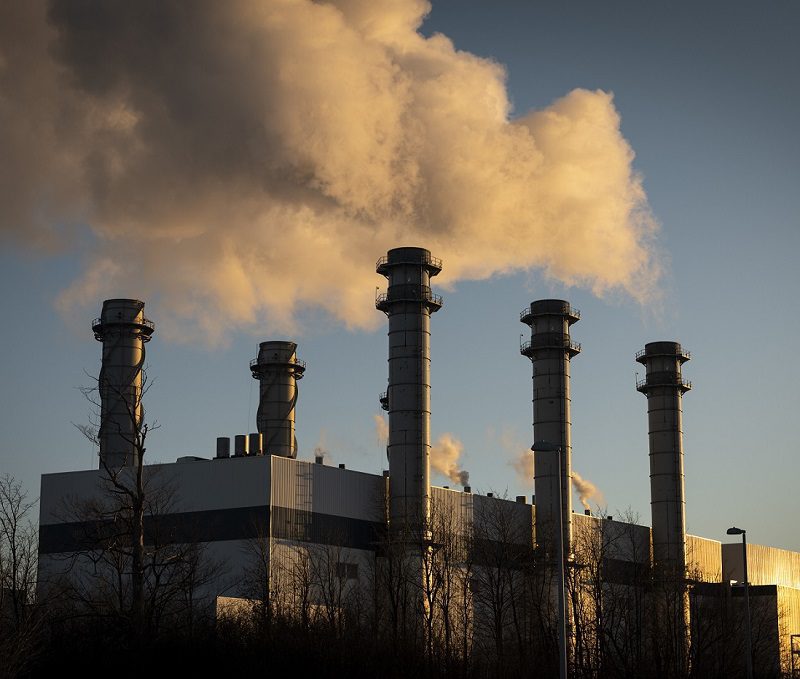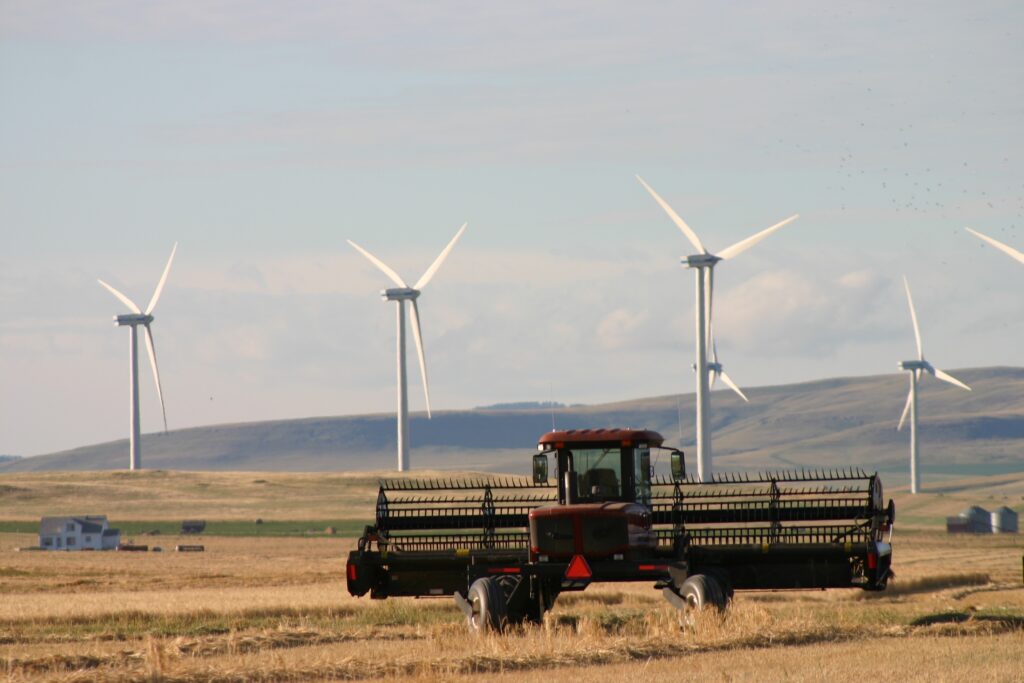The federal government recently released its proposed Sustainable Jobs Act, following up on its promise to pass just transition legislation. This means that the government has finally recognized its role in helping workers and communities impacted by the energy transition.
There will be more energy jobs in the clean economy than in today’s fossil-fueled economy. Still, the transition could be a rough ride for some people currently employed in the oil and gas sector, so the government needs to help workers and communities navigate the transition between the two.
There is however a problem with the proposed legislation – it leaves a lot of room for greenwashing, delayed climate action and disregard for Indigenous rights. Let’s break down what’s good and what’s bad in Bill C-50, The Canadian Sustainable Jobs Act.
Canada really needs a just transition plan
“Just transition” is an internationally used term to describe an economic transition that allows countries to meet their climate goals, while providing impacted workers and communities with good, well-paid jobs and stable revenue sources.
In Canada, some of our major economic drivers, like transportation, energy or manufacturing, are also major polluters. These sectors could become sustainable through electrification and pivoting from fossil fuels to renewable energy, but this will require a big shift that could have consequences on our economy and jobs if not dealt with correctly.
Studies show that the shift could create more job opportunities, economically diverse communities and provide more affordable, clean energy than exists in today’s economy. However, to ensure that workers and communities across Canada benefit from the move to a sustainable economy, governments need to develop policies and programs that support them and help them be prepared.
The proposed Sustainable Jobs Act is a step in the right direction
The goal of the Sustainable Jobs Act is to create a legal obligation for the federal government to have a plan for workers and communities impacted by the energy transition.
The proposed Act, if passed, would make sure the government:
- Creates a dedicated government agency that coordinates all policies and programs meant to make the energy transition fair, from income support to innovation incentives.
- Establishes an independent advisory body made up of representatives from the workers, communities and industries who will be most impacted by the transition. This body wouldn’t have decision-making power, but the Minister in charge of the file would have to publicly respond to their recommendations. This will allow the public to judge whether the government is seriously considering their expert advice.
- Develops Sustainable Jobs Action Plans at least every five years. The plans need to outline how the federal government is supporting workers and communities during the transition and include specific metrics on who will be most impacted, how the government will measure success, and what progress has been made so far.
These elements were all key to successful energy transitions in other countries, like Germany, Spain and New Zealand. Having them enshrined in Canadian law would give workers, communities, industries and investors certainty that the support won’t stop with a new change of government.
The proposed legislation also commits the government to an ongoing dialogue between affected groups and governments. This is one of the reasons labour unions celebrated the announcement of the Act – it answers their decades-long calls to involve workers in the conversation about environmental policy.
In the middle of an unprecedented wildfire season, the legislation is weak on climate
The main issue with the proposed legislation is that it doesn’t address the climate emergency.
For example, there is no definition of “sustainable jobs”, meaning there is no obligation for the government to ensure jobs created under this law are in industries compatible with Canada reaching its climate goals. The body of the legislation makes no reference to Canada’s own climate law, the Net Zero Emissions Accountability Act, nor to Canada’s international climate commitments. It also proposes that the co-chair of the advisory body be an industry representative, with no way to ensure it won’t be the CEO of a major polluter sitting in that chair.
The legislation uses the language of sustainability and climate, but provides no certainty that it will help advance climate action. Instead, it could be used to advance false solutions like carbon capture for oil production or hydrogen made from fossil gas, which would allow for more carbon emissions into our atmosphere.
This is dangerous. We are experiencing an unprecedented forest fire season, fueled by climate change, that has already forced tens of thousands of people out of their homes and endangered the health of millions of people across Canada due to terrible air quality. We need to put all our resources towards proven climate solutions like energy efficiency, renewable energy, and clean transportation.
This distraction is also bad for workers. Lying to fossil fuel workers by making them believe they still have decades to go in the industry is cruel. Last week, the Canadian Energy Regulator confirmed that global markets are moving away from fossil fuels, and Canada must be ready to do the same.
Your Member of Parliament will get a chance to improve the legislation
There are other issues with the proposed Act. It doesn’t offer Indigenous nations a transition mechanism that respects their rights and speaks to their specific circumstances. It is also missing a guarantee that there will be localized plans for the transition, even though we know a one-size-fits-all transition plan wouldn’t work in Canada.
There are best practices from around the world that we can learn from to get it right. To learn about the four key elements of a good just transition plan , watch this video below.
The Sustainable Jobs Act still has to wind its way through the different stages of the parliamentary process starting in the Fall, where Members of Parliament (MPs) will get a chance to push for improvements. We must make sure they are pushing for climate ambition, Indigenous rights, and regional planning mechanisms.
Today, you can help ensure a fair transition to a sustainable future by signing our letter to the federal government which asks for key improvements before they finalize this plan.








